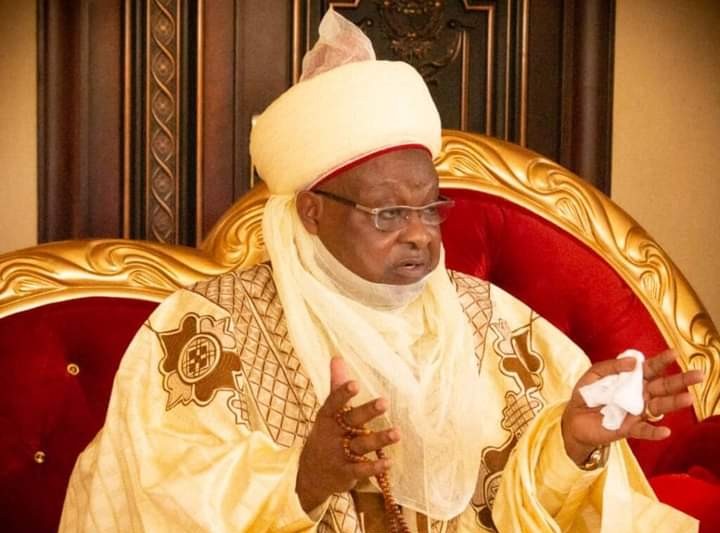Governor Dikko Umaru Radda of Katsina State has officially queried the Emir of Katsina, Abdulmumini Kabir Usman, marking a significant moment in the state’s political and traditional landscape.
The move has sparked concerns that Katsina may be following in the footsteps of Kano and Sokoto, where similar tensions between state governments and traditional institutions have led to major conflicts.
The immediate trigger for the query was the non-participation of some districts in the traditional Durbar held during the last Sallah festival, two weeks ago. This absence was seen as a significant breach of protocol and respect for the traditional practices of the emirate.
However, insiders confirm to The Spectacles that this incident is merely the tip of the iceberg. For the past six months, there has been a simmering cold war between Governor Radda and Emir Usman. This ongoing tension has been characterized by a series of disagreements and power struggles.
Governor Radda appears determined to curtail what he perceives as the excesses of the Emir. His plan involves a strategic restructuring of the Katsina Emirate, which includes reorganizing the emirate’s structure to ensure greater state control and oversight.
Part of this plan is to incorporate individuals who have been critical of the Emir into key traditional positions. This move is seen as an attempt to dilute the Emir’s influence and strengthen the governor’s control.
The governor’s reported strategies, if implemented, could significantly destabilize the Katsina Emirate. Divisions are expected in districts such as Magajijn Garin Katsina I, Uban Garin Katsina II, Dankama from Kaita LGA, Dandagoro from Batagarawa LGA, and Barebarin Katsina from Charanchi and Dutsinma LGAs.
These changes could lead to a significant shift in the power dynamics within the emirate, possibly triggering a situation similar to the emirate conflicts seen in Kano and Sokoto.
Adding a layer of complexity to this conflict is the fact that Governor Radda and Emir Usman are blood relatives. The Emir publicly acknowledged this relationship during the 2023 election campaign, highlighting the deeply personal nature of this political struggle.
As the situation unfolds, it is clear that Katsina State is entering a period of significant turbulence. The traditional and political spheres are set for a showdown that could redefine the emirate’s future.
This scenario, described metaphorically as a “winter without a summer,” indicates a prolonged period of unrest and uncertainty for the people of Katsina. The developments in the coming weeks will be crucial in determining whether this conflict can be resolved amicably or if it will escalate into a larger crisis.
